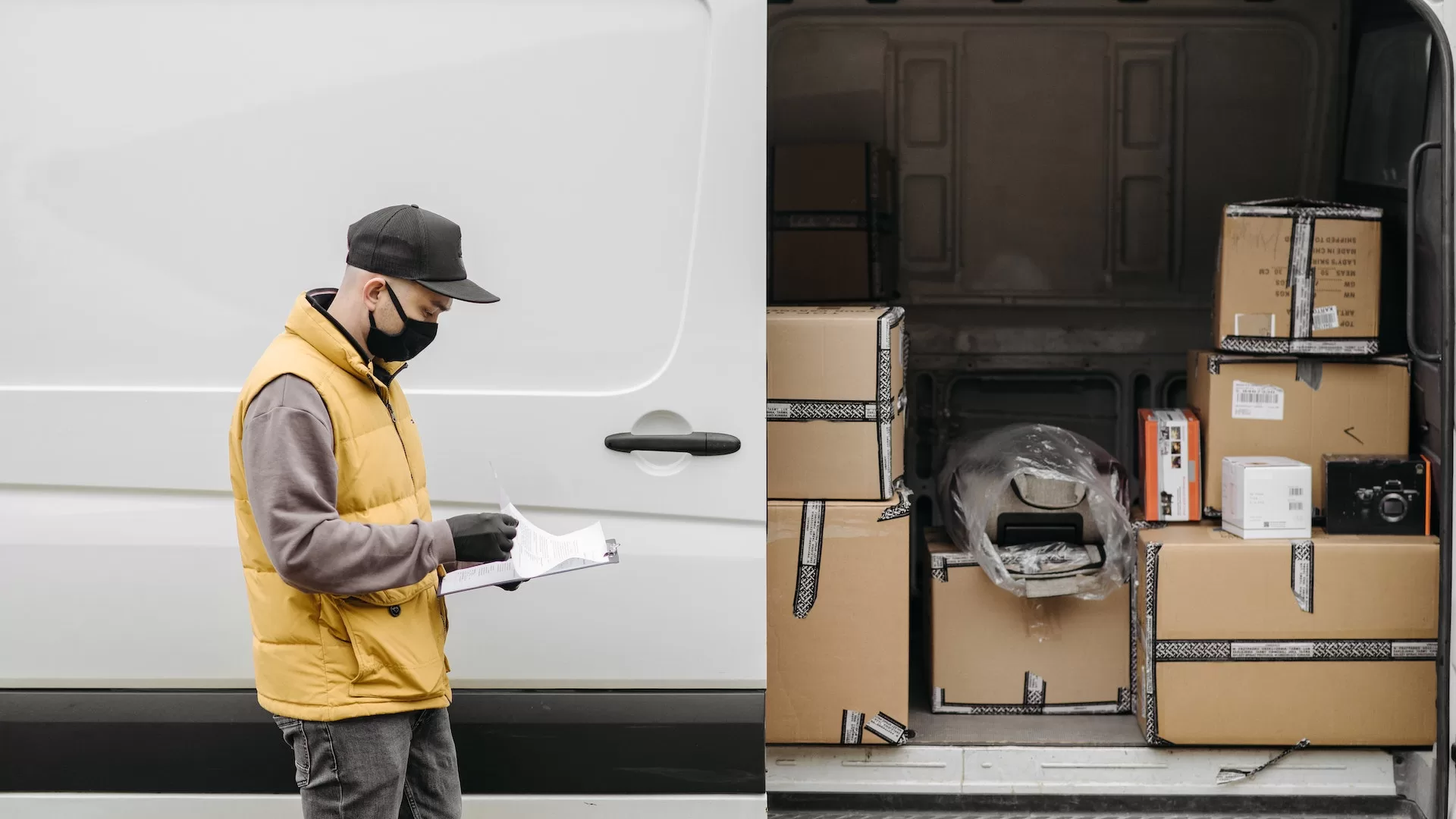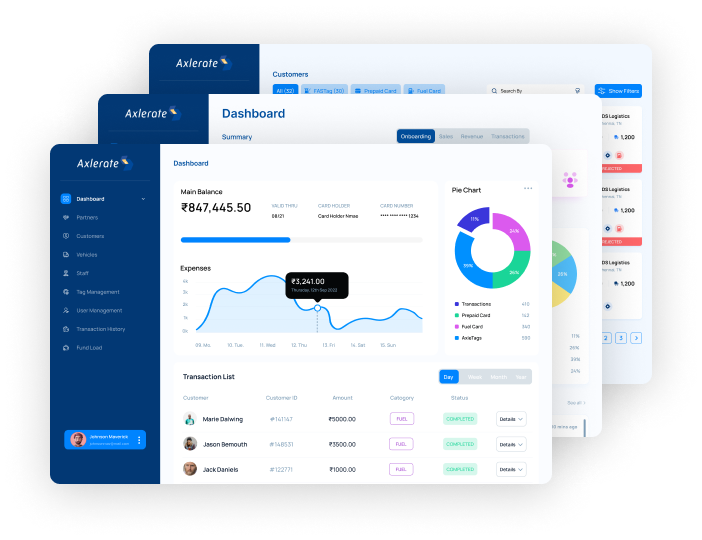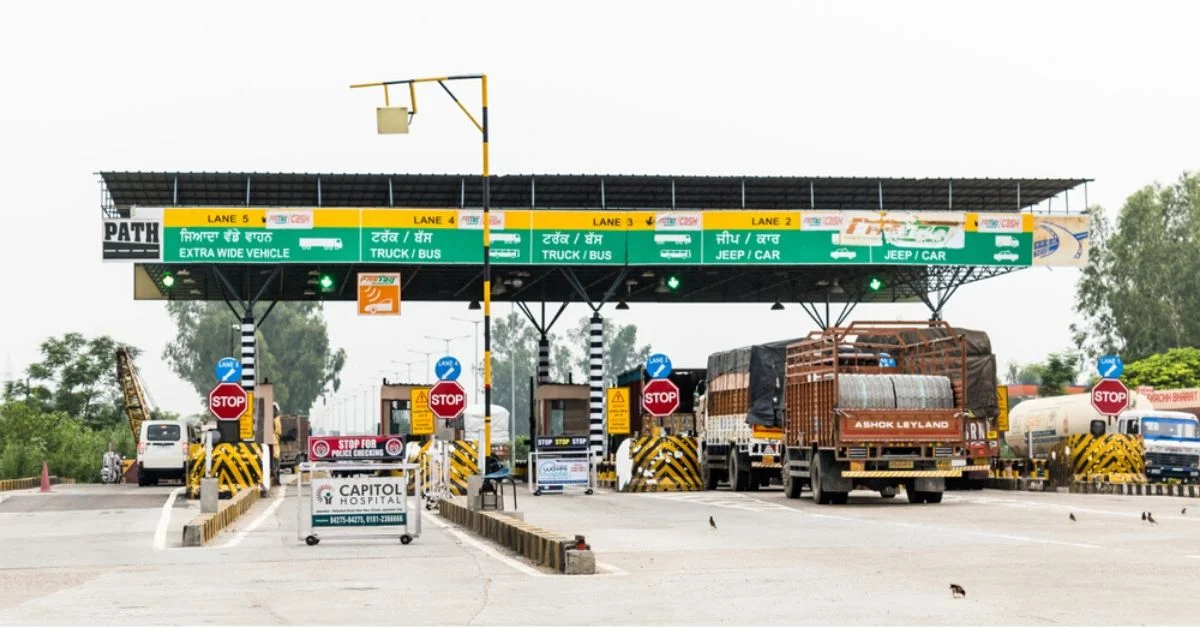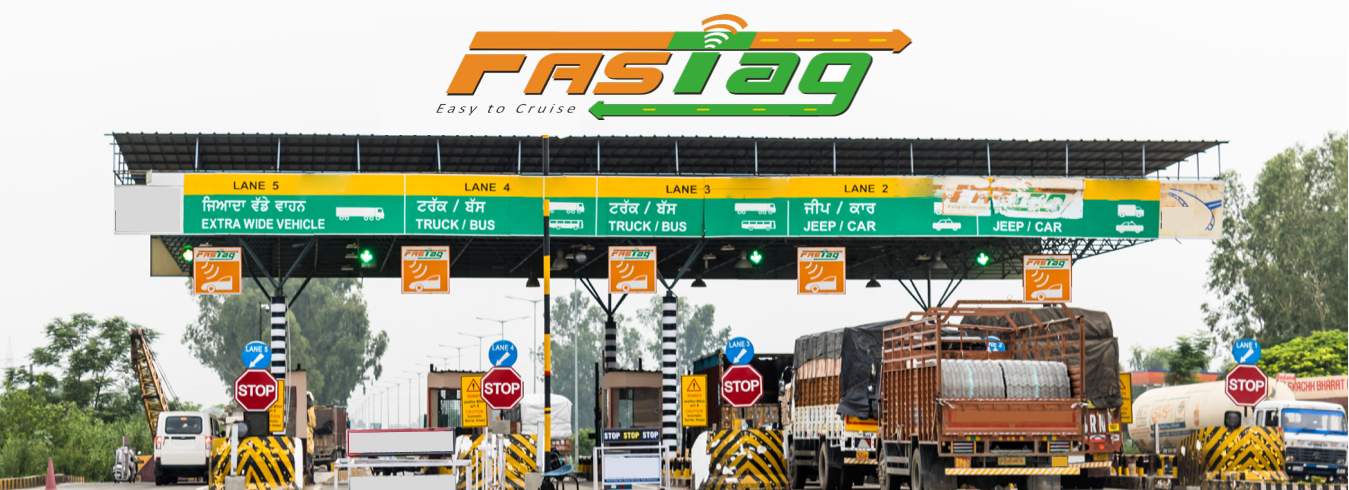What is blockchain and why is it important for logistics?
Blockchain is a distributed ledger technology where data and transactions can be accessed by multiple sources while still being tamper-proof through cryptographic hash-linked blocks. The integration of blockchain in fintech is the ideal solution to counter flaws in the traditional streamlining of financial processes in almost every industry. Blockchain in logistics and supply chain management is essential because it operates on high-security standards, with fewer time constraints and more flexibility and transparency in administrative, accounting and automation purposes.
How does blockchain technology work?
Blockchain keeps track of many sets of data in clusters. Every block has a pre-determined storage capacity that is filled and all of the blocks before it is connected or chained to it. Thus the term “blockchain” comes from the process of combining blocks of data to create a chain-like formation.
- Multiple Access: Blockchain, unlike other data storage systems that keep data on a single server, keeps information across a network of computers as it is a distributed ledger technology making hacking difficult and nearly impossible.
- High Visibility: Blockchain technology ensures seamless storage of data that is highly traceable at any point in time. It provides high visibility by creating a trail of data and transactions made during the entire process.
- Tamper-Proof: In blockchain technology, the data is saved in several locations, and each member’s permission is required to modify or update the record if necessary. It provides greater transparency and prevents data manipulation.
- Low Operational Expense: Blockchain reduces operational costs by eliminating the need for mediators because every process is streamlined through a distributed ledger technology that is well documented and free of errors or manipulation.
What are the benefits of using blockchain in logistics?
Fintech companies using blockchain technology overcome traditional challenges in the financial sector in terms of slow transactions, inability to prevent fraudulent activities and time-consuming processes. Most importantly, blockchain in logistics and supply chain management will efficiently counter these challenges through digital transactions, digital audit and digital paperwork.
- Digital Transactions: Blockchain in fintech provides scope for recording financial transactions in real-time. Moreover, it reduces the transaction processing time by eliminating the need for third-party intervention and eases the payment process between the sender and receiver. Most logistics companies struggle with working capital and credit management and blockchain in logistics and supply chain management will be the ideal solution to counter these challenges.
- Digital Audit: Administration and Accounting is one of the most challenging tasks in logistics. It involves greater visibility, time and effort to maintain the records and streamline the processes. Blockchain specialises in providing greater visibility in the flow of data and transactions that can be accessed at any point in time by multiple users with distributed ledger technology.
- Digital Paperwork: Logistics involves collecting financial information and complicated processes in terms of managing invoices, receiving credit, claiming insurance and other such time-consuming tasks that involve a lot of paperwork. However, the utilisation of blockchain in logistics and supply chain management provides automation of information collection and documentation through smart contracts in blockchain wherein programs with pre-determined conditions are set to process contracts efficiently without the need for intermediaries or any loss of time.
Let’s Wrap Up!
Thus, blockchain is a simplified distributed ledger technology with greater visibility and security that facilitates seamless functioning of financial processes when integrated with fintech. It efficiently counters the traditional challenges in the financial sector including centralisation, lack of visibility, manipulation of data and high operational expenses. The integration of blockchain in logistics and supply chain management eases the time-consuming processes of transactions, audit and paperwork in every industry that involves financial data exchange and assistance.
Axlerate is a unified platform for Logistics management, payments and services. Our solutions help to simplify tolls, fuel purchases, fleet expenses, loans, insurance, escrow, payments, truck booking, fleet management and the buying and selling of logistics products and services.










